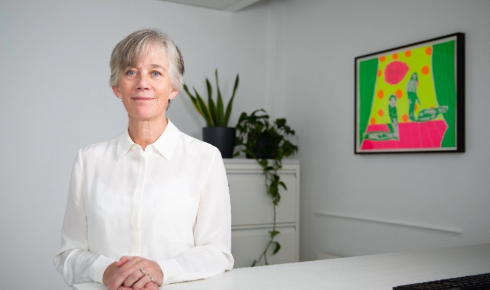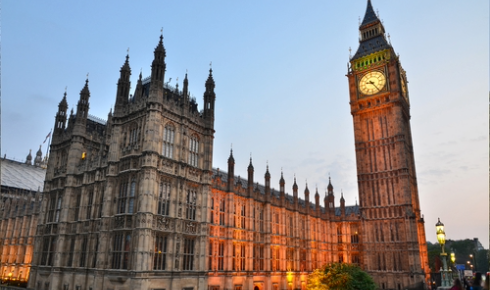A more scientific civil service

8 September 2025
Chief scientific adviser Professor Dame Angela McLean on the pathways to provide expert scientific advice to government
In the rapidly changing technological landscape we are in today, the role of science within government decision-making has never been more critical. At the heart of this is the partnership between academia, businesses, the public and government. As the UK Government’s chief scientific adviser, it is my aim to put excellent science advice at the heart of decision-making and I have seen first hand how academic contributions can help to positively shape policymaking.
Academic engagement helps bring new perspectives, deeper understanding and a commitment to evidence. That’s why, at the Government Office for Science (GO-Science) – of which I am head – we routinely partner with universities, learned societies and research institutes to ensure we provide science advice that is grounded in the best available evidence.
Independent input
This engagement takes various forms, including working with academics through formal structures such as scientific advisory committees and councils, as well as departmental chief scientific advisers. These groups provide independent, expert advice on scientific issues directly to government. We also promote secondments and Fellowships that embed researchers directly within government departments, providing expert science advice to policymakers.
We aim to embed evidence at all levels of policymaking, meaning we draw on established experts, and create pathways for early- and mid-career researchers. For example, our Rapid Project roundtables help government departments to understand the scientific evidence underpinning a policy issue or area by convening academic, industry and government experts at a single roundtable.
These initiatives are key to building a scientifically literate and resilient civil service, supporting one of my core aims: to create a more scientific civil service.
Get involved
Whether you are a student, postdoctoral researcher or a senior professor, there are many ways to contribute evidence for public policy.
If you are not sure where to begin, look at the research interests of government to see where your expertise might be needed via the Areas of Research Interests database. These are documents published by government departments, agencies and arm’s-length bodies that outline topics or research questions where evidence, collaboration or further research would be valuable to departments. They are also an excellent opportunity for engagement between policy officials and researchers.
 Chief scientific adviser Dame Angela McLean aims to put excellent science advice at the heart of government decisions and policymaking
Chief scientific adviser Dame Angela McLean aims to put excellent science advice at the heart of government decisions and policymaking
For those in early to mid-career academia interested in a career in science advice for policy, the UKRI Policy Internships Scheme offers 18-month Fellowships embedded across government departments, giving participants hands-on experience of how scientific advice is used within policymaking.
Elsewhere, we at GO-Science have recently published our Directory of Academic and Policy Exchange Schemes, which are designed specifically to further connect academics and policy professionals.
Further, the Department for Science, Innovation and Technology (DSIT) offers Expert Exchange Programme and Science and Technology Fellowships, which give professionals from academia, industry and the wider public sector a chance to join DSIT’s policy teams and build networks, understand the policy landscape and influence decisions with their research.
Last year we produced a ‘one-stop shop’ resource to help people explore all the opportunities around policymaking and routes to engage with policymakers. The resource also has more in-depth information on how scientific work can have a meaningful impact on national priorities.
Foster good decisions
Academics play an important role in driving forward policymaking and there are myriad ways you can contribute. It has been my aim since day one as chief scientific adviser to ensure policy officials have the best available evidence to hand, and it is my belief that we need academics and experts in the field to support the government to make informed decisions.
I hope that I have inspired you to take a look at the opportunities available and to help put excellent science advice at the heart of decision-making.
Professor Dame Angela McLean DBE FRS is the UK Government’s chief scientific adviser, providing scientific advice to members of cabinet


